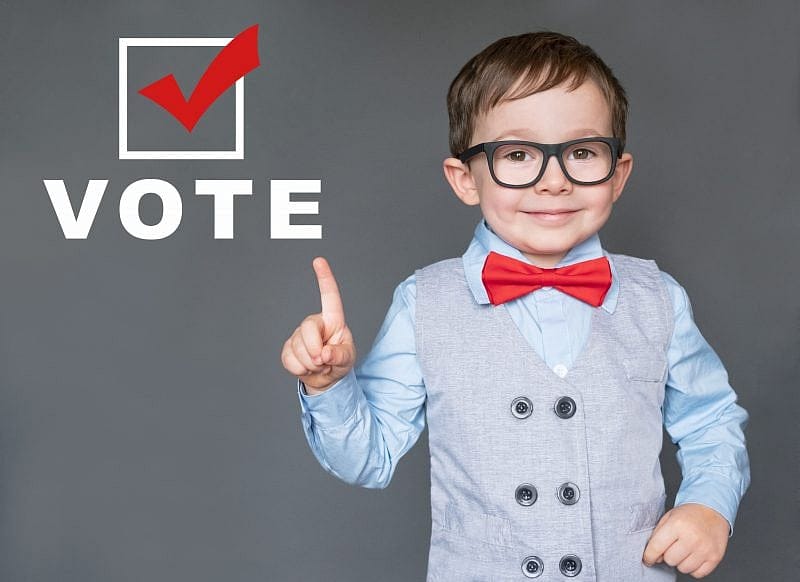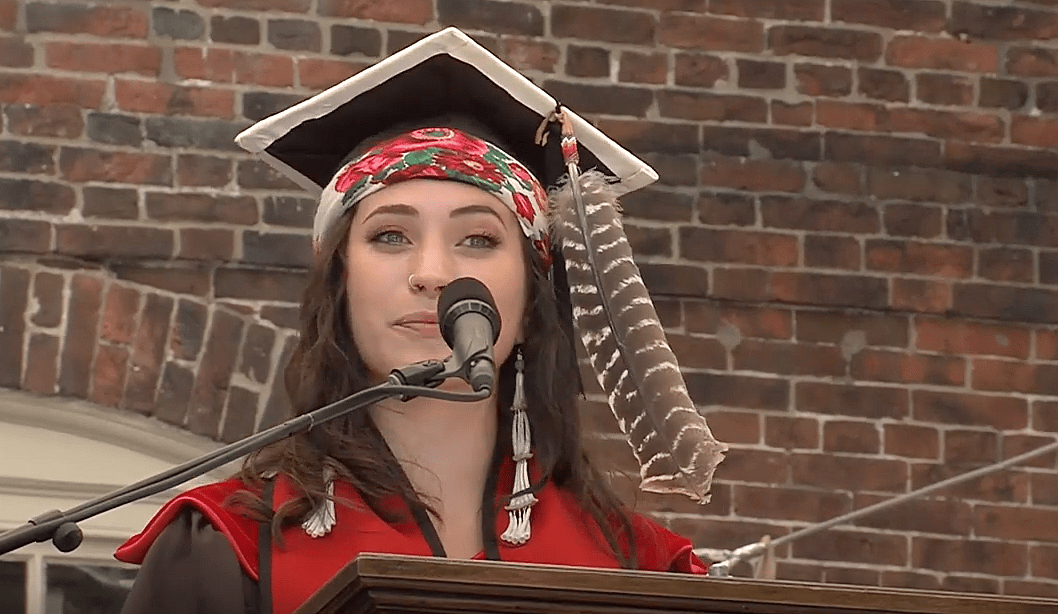Massachusetts Adults Don’t Want 16-Year-Olds Voting, Poll Finds

About 65 percent of residents in Massachusetts oppose letting 16-year-olds and 17-year-olds vote in federal elections and only 29 percent support it, a newly released poll found.
The vast majority of residents polled said teen-agers at that age aren't mature enough, don't know enough, or don't have enough life experience to vote, according to the Western New England University Polling Institute.

